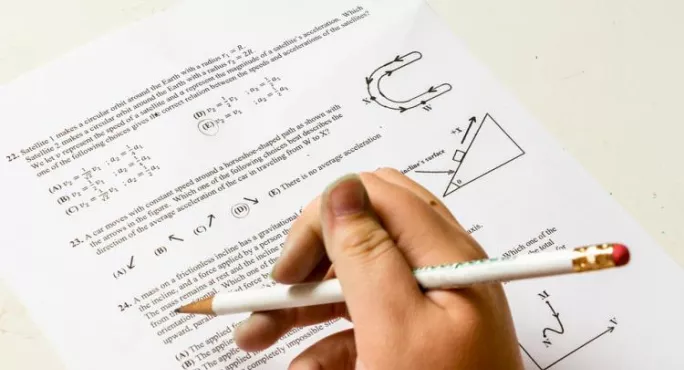A new curriculum, new assessments, changes to assessment frameworks... Primary teaching can sometimes feel like running towards a set of goalposts, only to have those goalposts moved at the last minute.
This means that there always seems to be a huge last-minute rush to get Year 6 pupils ready for the Sats. Spending Year 6 cramming is stressful for teachers and stressful for the children, too.
However, the facts of maths never change: 8 x 7 will always be 56. This tells us what we should really be focusing on as we try to get our pupils through the primary maths curriculum. What if we didn’t have to cram and cram in Year 6? What if we just made sure that the grasp of the facts is right as pupils go through the school.
It sounds simple, but maybe it should be. Don’t be too keen to rush through the curriculum. Instead, linger longer and make sure the groundwork is right. Then provide every opportunity possible to not only apply these facts but also transfer these problem-solving skills to solve problems that may not even be in the ‘Year X’ curriculum.
That way, even if the criteria changes mid-year, or the assessments get even harder, this won’t be a problem because pupils will have the tools and know how to use them.
Creating confident mathematicians
I have lost count of the number of maths lessons that I have observed that didn’t feature a single resource - I am certainly including a number of my own in this tally. The impact of this won’t necessarily be evident in the answers in the books or in responses during the lesson, but it certainly contributes to making maths a more abstract concept.
My advice is to get cubes, counters and whatever else you can think of to help children visualise the maths. They need to “see” the numbers in order to understand why the answer is the answer, as opposed to simply getting the answer right.
At our school, we are lucky that we have an excellent maths coordinator and staff who are focused on getting pupils to enjoy maths. Supportive parents who can help you to move away from the culture of people saying “I can’t do maths” may not be a bad thing either.
Our goal should be to create confident mathematicians who are able to apply the same methods to solving problems outside of the curriculum as they do within it. So, focus less on what you expect to be on the Sats and more on providing a solid grounding of competency in maths. This means that whatever changes are around the next corner will not be so daunting when they arrive.
Keep doing the basics right, enjoy maths, and we’ll be alright, no matter how far the goalposts move. No meltdowns and certainly none in front of your pupils. They have enough to deal with!
Joshua Levenson is the deputy head of a primary school in South London.


